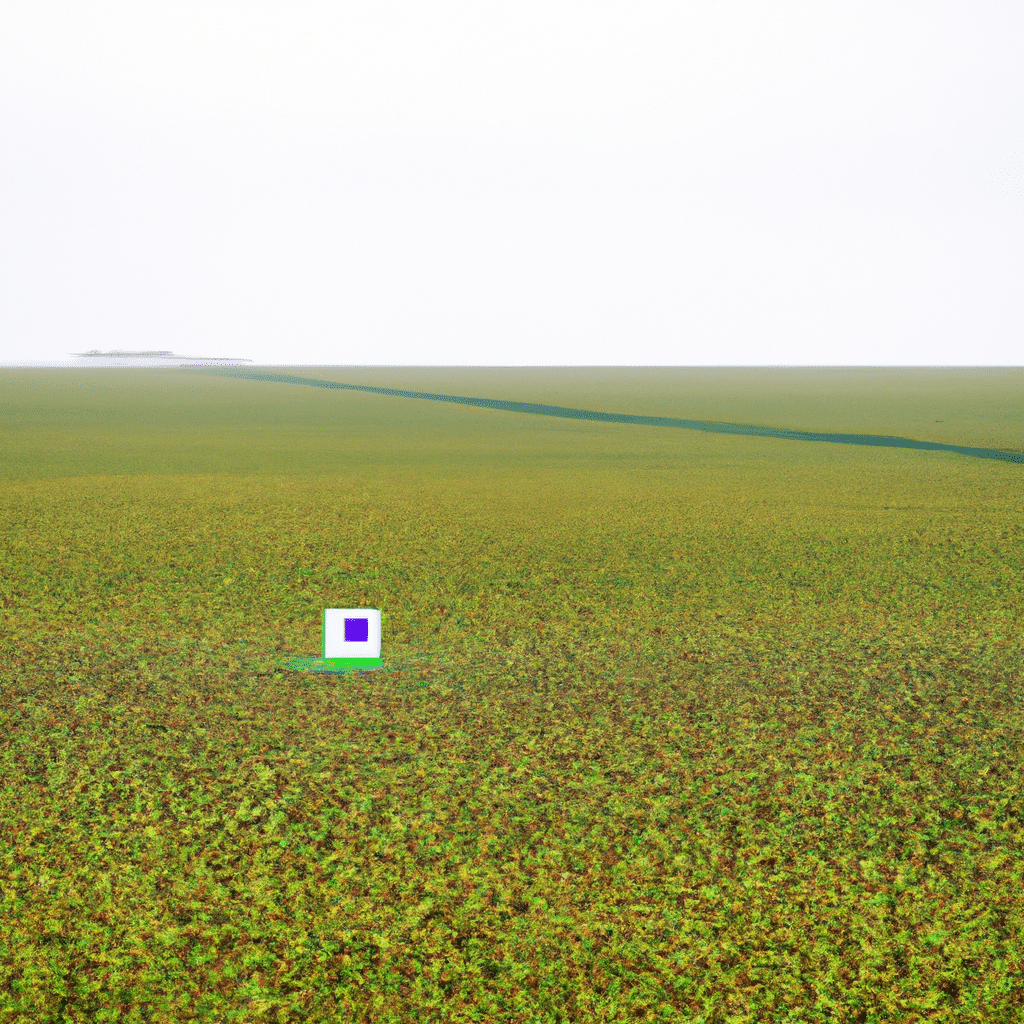IoT and the Future of Smart Farming: Precision Agriculture
Introduction

The Internet of Things (IoT) has revolutionized many industries, and agriculture is no exception. Precision agriculture, a farming management concept, relies heavily on the use of IoT devices and sensors to gather data and make informed decisions. In this article, we will explore how IoT is transforming the farming industry and discuss the benefits of precision agriculture.
What is Precision Agriculture?
Precision agriculture is a farming management concept that utilizes technology to optimize crop yield, reduce waste, and increase efficiency. The process involves collecting data on a variety of variables, such as soil moisture, temperature, and nutrient levels, through IoT sensors. This data is then analyzed, and farmers can make informed decisions about the best time to plant, irrigate, and harvest crops.
How Does IoT Help in Precision Agriculture?
IoT devices and sensors are used to collect data on various aspects of farming, such as soil moisture, temperature, and nutrient levels. The data is then analyzed to provide valuable insights into crop health, water usage, and pest control. This information is used to make informed decisions about farming practices, such as when to plant, irrigate, and harvest crops.
IoT devices can also be used for precision irrigation, where water is delivered directly to the root zone of crops, reducing water waste and increasing yield. This can be achieved through the use of soil moisture sensors, which measure the water content in the soil and provide data to the farmer. The farmer can then adjust irrigation accordingly, reducing water waste and increasing crop yield.
Benefits of Precision Agriculture
Precision agriculture has many benefits for farmers, including increased crop yield, reduced waste, and increased efficiency. By using IoT devices and sensors, farmers can make informed decisions about farming practices, reducing the risk of crop failure and increasing yield.
Precision irrigation can also reduce water waste, which is particularly important in areas with limited water resources. Reduced water waste not only benefits the environment but also saves farmers money on their water bills.
Precision agriculture also helps to reduce the use of pesticides and other chemicals, reducing the risk of contamination of soil and groundwater. This is achieved through the use of data analytics, which can identify areas of the farm that are more susceptible to pests and disease, allowing farmers to target those areas with specific treatments.
Challenges of Precision Agriculture
While precision agriculture has many benefits, there are also some challenges that farmers face when implementing this technology. One of the biggest challenges is the cost of IoT devices and sensors. While the cost of these devices has decreased in recent years, they can still be expensive for small farmers.
Another challenge is the complexity of the data that is generated by IoT devices and sensors. Farmers need to be able to analyze this data and make informed decisions based on it. This requires a certain level of technical expertise, which may be a challenge for some farmers.
Conclusion
In conclusion, precision agriculture is the future of farming, and IoT devices and sensors are at the heart of this revolution. By collecting data on a variety of variables and analyzing it, farmers can make informed decisions about farming practices, reducing waste, increasing efficiency, and increasing crop yield. While there are some challenges to implementing precision agriculture, the benefits are clear, and it is a trend that is set to continue in the coming years.












